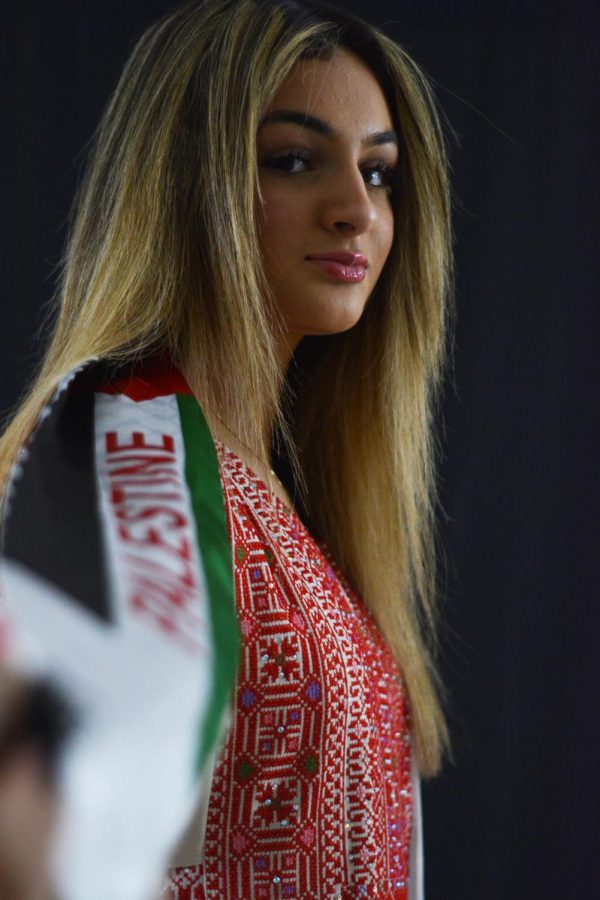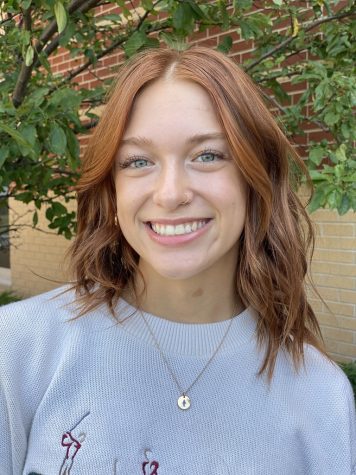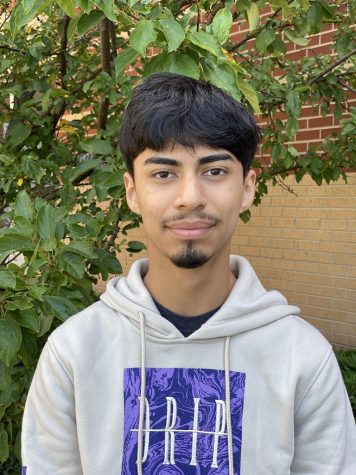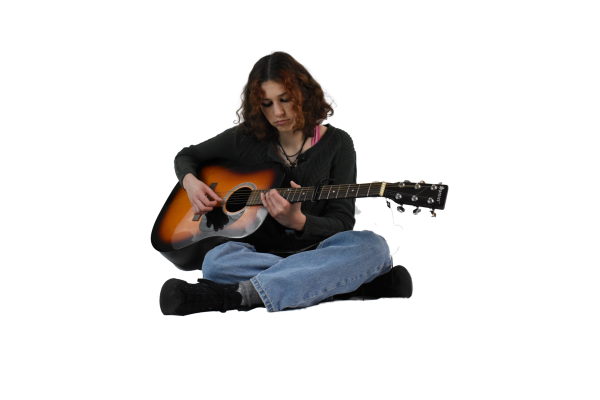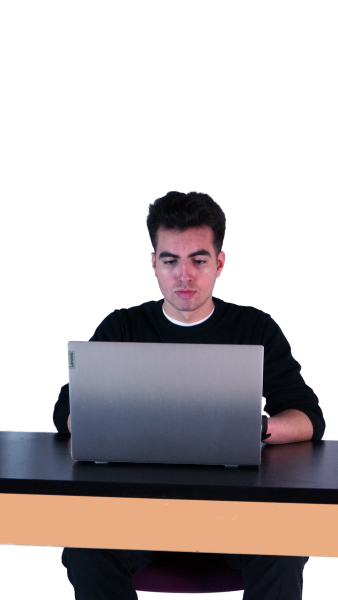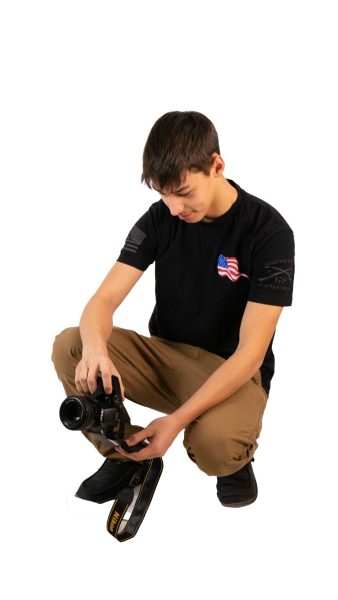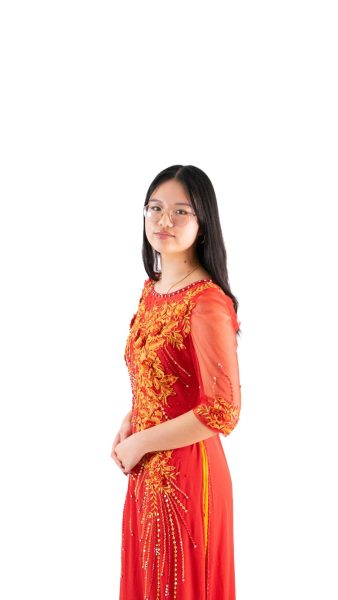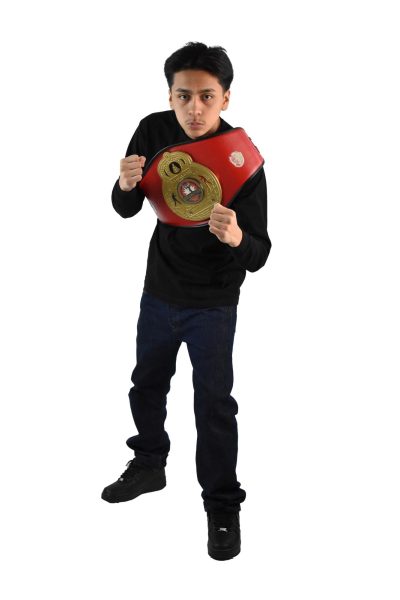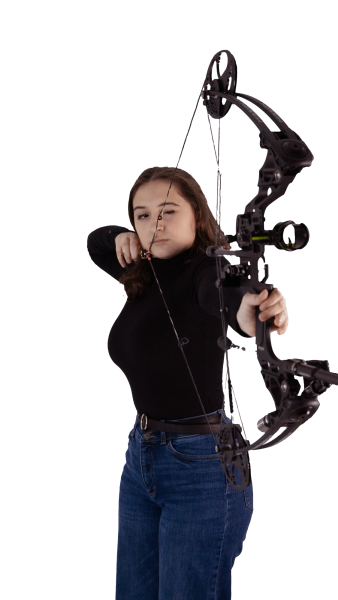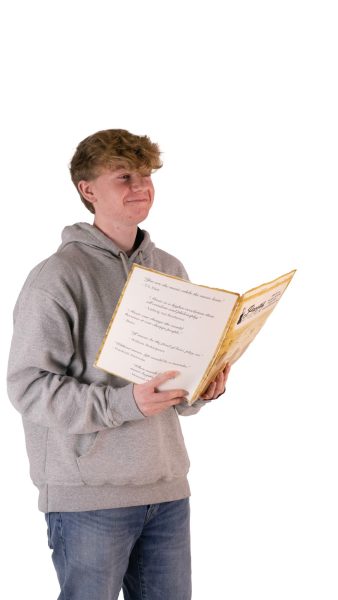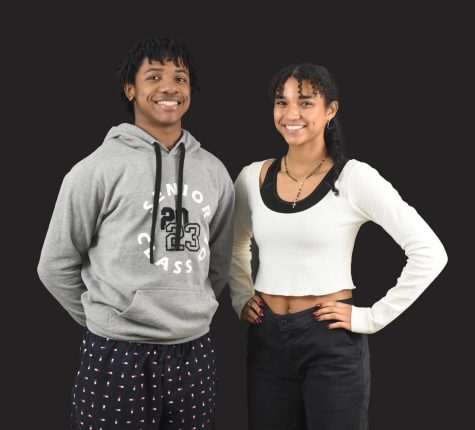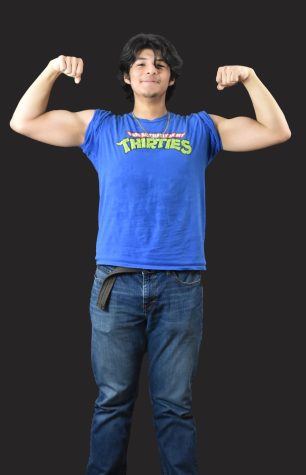(RE)CONNECTING WITH CULTURE
May 5, 2023
Living away from the country where your culture flourishes can cause your sense of lifestyle to change. Sometimes, we need to go back to our roots to relearn what it means to be a part of a community, something that many lost during the pandemic. COVID-19 restricted the ability to gather and celebrate every community’s unique sense of personal identity and way of living. Before school started, Dalia Musaitef (11) spent her summer abroad in the state of Palestine. Musaitef spent 43 days there, starting her journey on June 29 and coming back to the United States on Aug. 9. Musaitef had family that resided in Palestine, and had the chance to see them for the first time in six years.
“My dad is also originally from Palestine but he grew up in America,” Musaitef said. “My parents met over there and they got married and then my dad brought my mom back home. My mom has been in America for about 18 years, so she doesn’t see her family that much. It felt nice to see my grandparents for the first time in probably six years. I got to see a bunch of friends and family.”
After the pandemic, demand for travel skyrocketed, and everyone wanted a chance to get back into the world.
“Post-Covid everyone wants to go back home,” Musaitef said. “A lot of people were buying tickets and tickets were being resold for crazy prices, so we weren’t really sure if we wanted to go because everything was so expensive.”
But after they made the financial decision to go back to Palestine, the hard part was not over yet. Since Palestine and Israel shared the same land, getting into the territory was a difficult process. Before entering Palestinian territory, Musaitef and her family had to stop and check-in through Israeli checkpoints. These checkpoints were used by Israel to enhance their security and to monitor the movement of people between Palestine and Israel.
“So you’re in Jordan and if you want to go into Palestine you have to go through a security checkpoint,” Musaitef recalled. “When we were in those checkpoints, it took about six hours to actually go through.”
The presence of the Israeli forces was more obvious in some areas of Palestine.
“Unfortunately, there are other places closer to Jerusalem where you can really see the conflict because they are basically sharing land over there,” Musaitef said. “If you go to Gaza, it’s technically now counted as Israeli land, but still there are so many Palestinians that still live there. They’re basically being thrown out, so there is really nowhere for them to go at that point. They’re just stuck in a land where they’ve lived their whole life, but it’s not even their homes anymore, it’s just being demolished.”
Musaitef stressed the importance of knowing the Palestinian side of the situation.
“I really want to spread awareness and for people to educate themselves on the topic,” Musaitef said. “There’s an Instagram page called @EyeonPalestine, and it is updated every hour with a news situation or someone that is killed. If someone doesn’t really know anything about the topic they can definitely go on that page, and you can really see the true side of this occupation.”
The state of Palestine was not all in war and ruin. Musaitef said that the city her mother grew up in, Tulkaram, which was the city her family visited, was a beautiful place with an amazing community.
“Where my mom was born and raised, it’s like a very small city but, definitely has grown a lot,” she said. “It’s very safe, everyone was so kind there. It’s a very tight community, and you can see that everyone in the neighborhoods have grown up with each other, so my friends that I have back there, my mom was friends with their mothers and sisters. It’s a very tight community, especially with the religion over there with Islam. You don’t see the things that you see in America, it’s totally different and it made me feel like it was actually home.”
Staying in Palestine was an eye-opening experience for Musaitef. Residing in Palestine compared to America taught her a humbleness she would not have learned without that trip.
“I felt like once I was actually there and realized how much I loved being there, I actually appreciated it more,” Musaitef said. “I understood how different it was, living in America versus living in Palestine. Living with my grandparents and their tiny home and sharing everything with each other. We were all in the same room, and it was hard because I have my own room here and my own setup with my makeup and my clothes and back there we all had to share everything. It made me realize that I needed to be more grateful about the things that I had and that the things that I had I like didn’t really need. By the time that I ran out of everything which they didn’t sell over there, I realized that I didn’t actually need those things, it was just things that I wanted. It made me realize that no matter where I live, family is important.”


